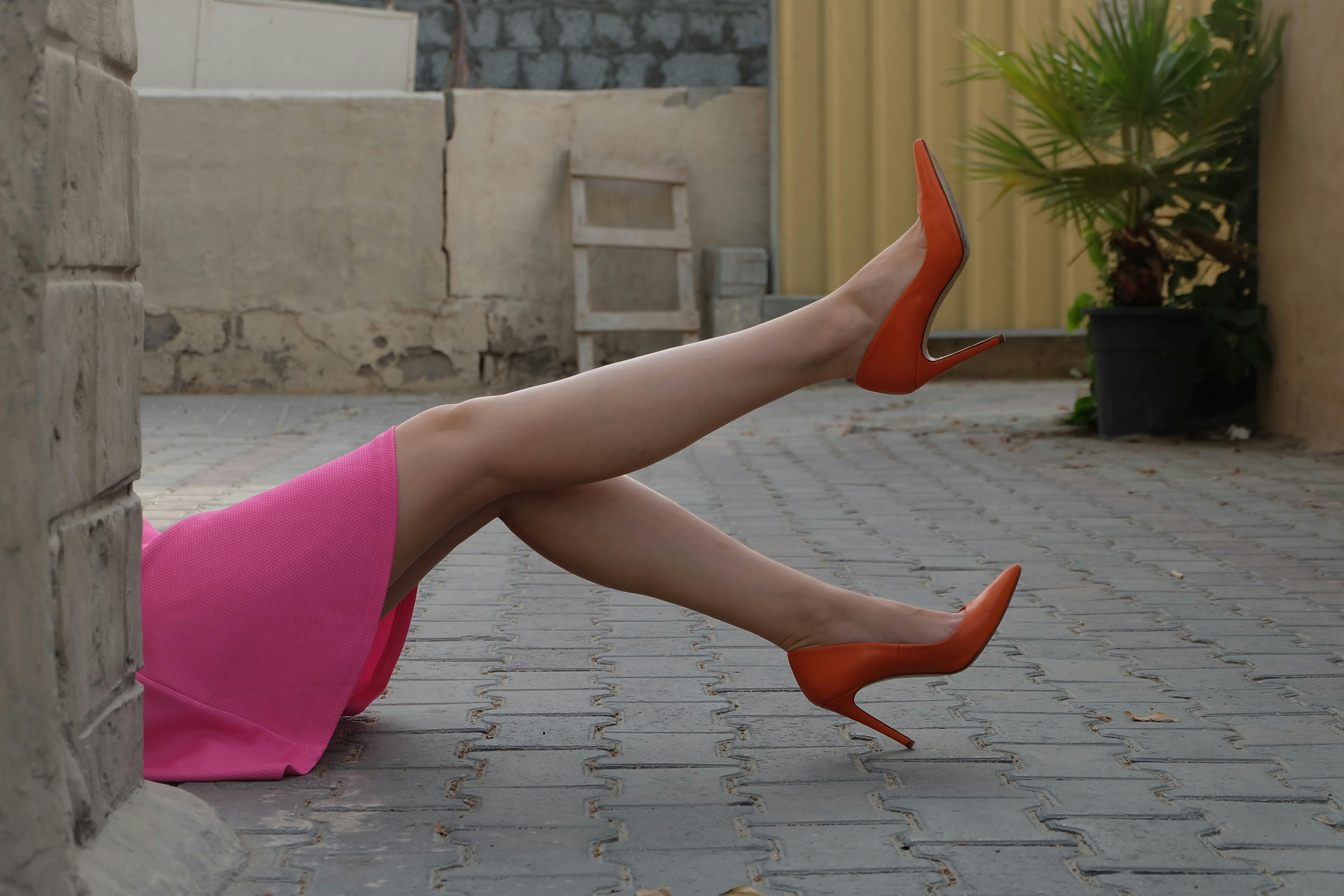Free choice: an illusion?
Question – How many psychologists does it take to change a light bulb? Answer: one, but the bulb has to want to change. According to award-winning professor of psychiatry Irvin Yalom, this idea of free choice (also called free will) presents a problem for many psychological therapists.
His goal is to get clients to the point where they can freely choose how to change their behavior. And, in doing so, take responsibility for personal matters.
The problem is that, many years ago, the term “will” was replaced by the word “motive” and therapists learned to explain actions on the basis of motivation. This was because study and research across the field had shown how external situations often influence us without our conscious awareness and intention. In other words, something other than our awareness will determine our behavior. Genetic disposition and childhood trauma can contribute to causing disturbed behavior in adulthood.
Indeed, the concept of free choice is opposed by all deterministic systems, whether based on economic, behavioral, or psychoanalytic principles. Thus, many scientists and philosophers think that free choice is an illusion. They conclude that we become aware of our intentions, choices, and decisions only after our brain processes them.
On the other hand, most of us appreciate our sense of free choice to think what we like and to pursue what we want. Who does not highly value the belief in this control over one’s life? Therefore, the alternative view is that although motivation can energize and influence us, it cannot replace our free choice. Despite various reasons, the individual still has a choice to behave or not behave in a certain way.
So is free choice an illusion or a reality?
“The implications of this debate are profound. It determines our world view of whether we are victims of genetics and environment or responsible for our intentions, decisions and choices.” (William Klemm, professor of neuroscience)
Free choice and the brain.
The brain functions as a coordinating center for sensation and movement. On the other hand, the mind can be considered as the element of a person that allows conscious choice.
It is now possible to study the living brain, and researchers can now observe the brain’s cognitive processes at work. Our sensations, memories and thoughts appear as neural activity. And so neuroscientists tend to assume that the brain and the mind are the same. In fact. there is nothing in physics, chemistry, neuroscience, or psychology that can even begin to offer a valid explanation of free will.
Consequently, it is a problem for scientists for anyone to suggest that the mind can make any free decision regardless of what the brain is doing. How could the two go their separate ways?
Perhaps there is a third possibility. One that assumes that there is a lower grade of mind and a higher grade within each person. The lower degree of consciousness is aware of the sensations received through the brain. However, the top grade is a mind of conscious choice whose decisions cannot be predicted from the data available to science, but which is in harmony with brain activity. In other words, what happens in both degrees of the mind is reflected in what happens in the brain. The mind and brain working in parallel.
The brain, according to this way of thinking, is a detector and instrument of the higher mind rather than a determinant of it. When we decide to act, our brain reflects this decision by instructing our muscles to do so.
“Life is like a card game. The hand you are dealt is deterministic; the way you play is free will.(Jawaharlal Nehru, Indian politician)
My perspective on free choice.
From my perspective I would like to say that inner free will exists at the higher level of the mind. However, it is limited by social conditioning and the restrictions of ordinary circumstances mediated by the lower mind. In other words, what we do and how we shape our lives is not inevitable.
I would say that without free choice, there can be no personal responsibility for what we do. There is no moral responsibility for our conduct. There is no criminal liability in the law.
Biologists speak of the human being as an organism, as part of the animal kingdom. Again, perhaps this is quite logical because the alternative to free choice is not to be a human with moral responsibility but rather an animal or a machine without it.
The results of biological research cannot determine any code of research ethics. They simply provide a framework for the way each scientist makes a free decision about the right and wrong of how to conduct experiments on animals or humans.
Spirituality and free choice.
In reality, the field of spirituality is based on the idea of personal choice. The effort to regularly engage in a daily spiritual practice such as meditation or prayer requires willpower.
The spiritual philosopher Emanuel Swedenborg experienced visionary consciousness. He reported what he heard and saw, with his mystical abilities, from what he termed ‘the spirit world’. He said that within the mind we are all balanced between two hidden spheres of influence. One to do good from our divine source and another to do evil from a corruption of it. If true, this state of internal balance accounts for the freedom to turn toward or away from what we value. Something we can do at every moment of our lives.
We cannot have instant forgiveness for those who hurt us simply by choosing this option at any given time. Not unless we are saints. But we are free to choose to look in this direction instead of the direction of resentment.
Our repeated choices define us. We make them ours. If this were not so, we would have no sense of who we are, what we want and where we are going.
Conclusion
I would suggest that the truth that can enlighten our spirit cannot be seen with a closed mind. It takes a personal choice both to open the mind and to close it. A humble mind is open to the truth. But one of intellectual pride is closed because he is too focused on his own ideas.
“There is light enough for those who love and seek the truth, but not enough to compel those who do not seek it against their will.” (Peter Kreeft and Ronald Tacelli, Christocentric philosophers)



